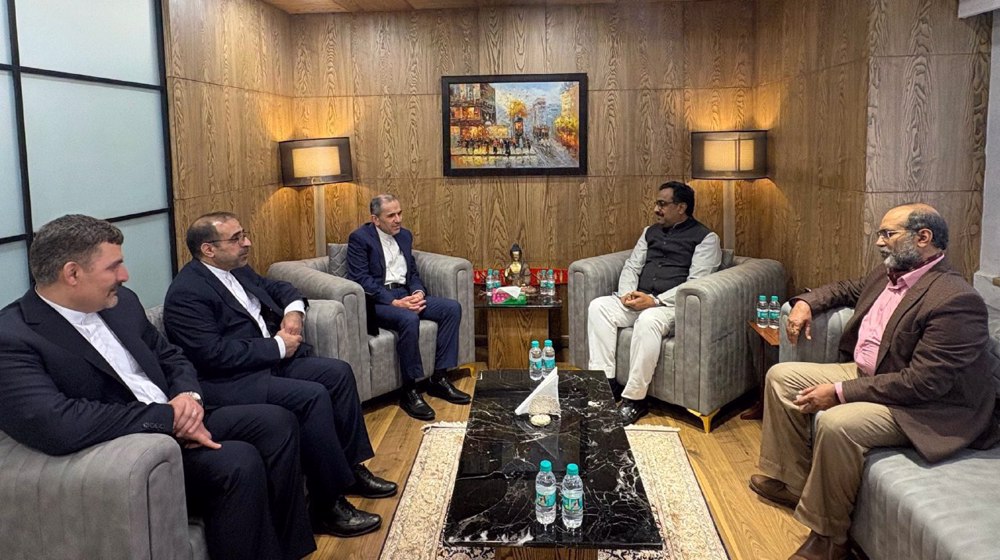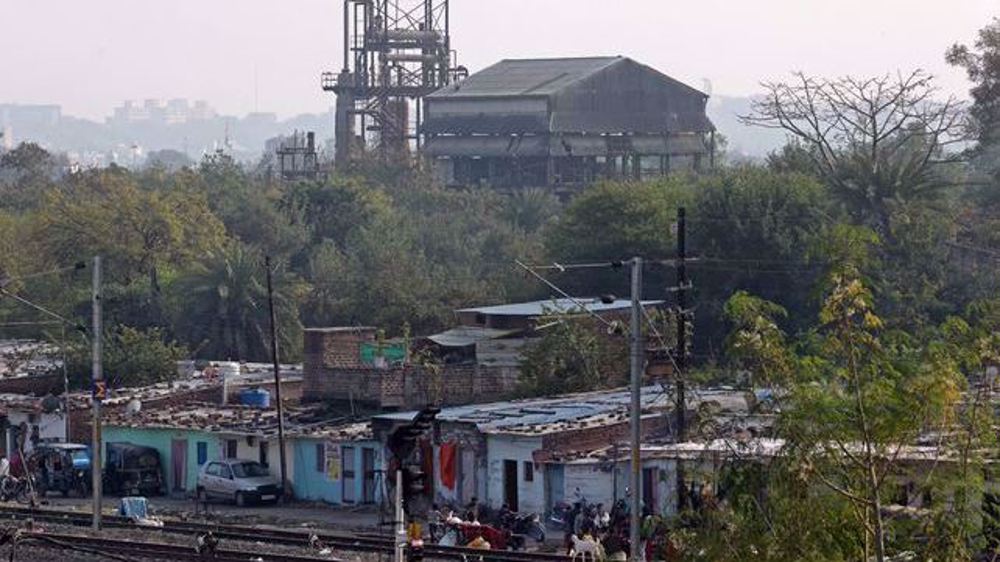Tax amnesty prompts Indians to come clean on undeclared income
A government amnesty on tax evasion in India has prompted tens of thousands of tax dodgers to disclose nearly 10 billion dollars in undeclared income.
The tax amnesty “led to 64,275 declarations, resulting in a provisional 652.5 billion rupees (9.8 billion dollars) in undisclosed wealth,” Finance Minister Arun Jaitley told reporters on Saturday.
The government of Prime Minister Narendra Modi had sent out an estimated 700,000 notices earlier this year to affluent and prosperous businesses suspected of tax evasion, pressing them to declare their real income and assets, known as “black money” in India. The government pledged authorities would not prosecute the tax dodgers who came clean and paid a penalty.
The “black money,” declared during the one-time opportunity, had been either illegally obtained or not declared to the government to avoid taxation.
The four-month window that ended Friday allowed the wealthy to pay taxes, surcharges and penalties totaling 45 percent of their undeclared income to avoid prosecution, Jaitley said at the news conference in New Delhi.
Modi won the 2014 elections vowing to curb corruption in the county of a 1.3 billion population, where corruption is rampant.
He had promised to stop the flow of money abroad and bring back billions of dollars in “black money” if elected.

In a tweet on Saturday, Modi called the outcome of the scheme “successful” and said it was “a great contribution towards transparency and growth of the economy.”
Media reports cite government sources as claiming that influential Indians have an estimated 500 billion dollars stashed away in Swiss banks and overseas tax havens.
In April, the Panama Papers had revealed the names of about 500 Indians who purportedly used offshore tax havens to hide their wealth.
Analysts believe the information in the documents prompted Modi’s government to devise the amnesty scheme to get some of the undeclared money back.
Araghchi: Iran-Russia strategic deal step toward ‘more just world’
UNRWA unraveled amid Israel's allegations, reduced intl. support
Palestinian journalist, a Sobh Media Festival awardee, killed in Gaza hours before truce
Jan. 15: ‘Axis of Resistance’ operations against Israeli occupation
VIDEO | Fears, hope in Gaza amid intensified ceasefire efforts
VIDEO | Press TV's news headlines
Hamas: Ceasefire agreement result of steadfastness, resistance in Gaza over 15 months
Hamas thanks Iran, Resistance Front following achievement of ceasefire in Gaza












 This makes it easy to access the Press TV website
This makes it easy to access the Press TV website